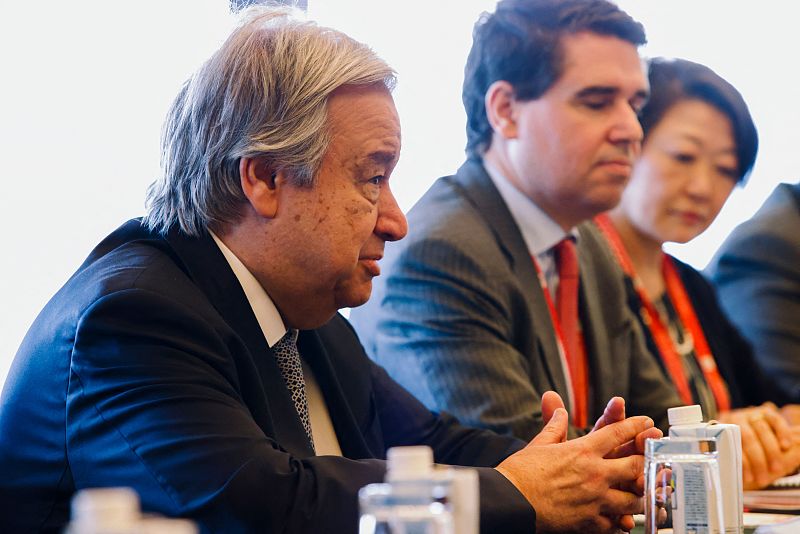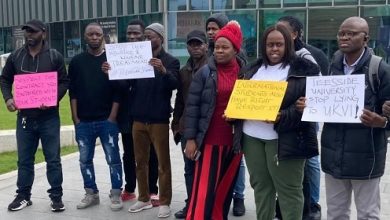It’s time to reform UN Security Council
Abtvgh / U.N. Secretary-General

The United Nations (UN) Security Council’s failure to act on critical issues affecting the security of member nations have reignited long-smouldering global demands to overhaul the world’s premier body for international peace and security.
President Nana Addo Dankwa Akufo-Addo, in his address at the 78th Session of the UN General Assembly in New York last Wednesday, called for immediate reforms at the Security Council of the United Nations to conform to present global trends.
The President expressed disappointment that the big powers of the UN preach democracy, fairness and justice around the world, yet they were happy to practise the opposite at the UN, prioritising parochial interests over those of humanity.
In his view, the UN in its current shape “cannot continue to preach democracy, equality and good governance around the globe,” stressing that “we cannot insist on peace and justice in the world when our global organization is seen by the majority of its members and the people of the world as hampered by an unjust and unfair structure”.
The sentiments voiced by President Akufo-Addo at the General Assembly adds to uncountable similar calls made by other world leaders.
Worryingly, in spite of world leaders’ unanimous admonishment for the expansion of the UN Security Council, there appears to be a lack of willingness to expand the Security Council to 24 members from its current 15, of which five permanent members—Britain, China, France, Russia, and the United States—wield veto power.
The 10 non-permanent members are currently elected to two-year terms.
Currently, Ghana is serving the second of its two-year term on the security council as a non-permanent member and President Akufo-Addo was of the view that with all that the UN had achieved in its 78 years of existence, African countries still had to deal with “the reluctance by nations, organizations and the major powers at the formation of the organizations, to agree to any reform to reflect present realities”.
The impulse for reform is understandable.
Nearly eight decades after its creation, the Security Council retains the same five permanent members —China, France, Russia, the United Kingdom and the United States.
Compounding these frustrations about membership, each of the permanent five countries retains a veto permitting it to unilaterally block Security Council resolutions inimical to its national interests.
The result is frequent council paralysis, exacerbated by deepening geopolitical issues.
To a growing proportion of the world’s governments and citizens, the council today is both feckless and unjust, dominated by unrepresentative powers inclined to abuse their position rather than safeguard the peace.
The obstacles to council reform are daunting.
They include the high procedural hurdles to amending the UN Charter; divergent member state positions on the acceptable size and terms of any enlargement; disagreement over current veto provisions and their potential extension to any new permanent members and gnawing uncertainties over whether any plausible enlargement—even if it made the council more representative—would improve its functioning.
Any change to the council’s composition or voting rules would require the approval of two-thirds of UN members—including each of the permanent five members—accompanied by relevant domestic legislation.
Given intensifying geopolitical rivalry and deepening political polarisation in many countries, prospects for updating the council appear slim.
Yet, pressure for Security Council expansion and veto reform will surely grow as the distribution of power and the nature of security threats shift further from what they were in 1945. Absent structural changes, the council’s performance and legitimacy will inevitably suffer.
Given these stakes, the world requires fresh thinking on reform pathways that will help the council meet the demands of the moment.
The Daily Graphic, therefore, strongly believes that the council stands no better chance to effectively address the diverse challenges affecting the world today. Issues such as pressing climate emergencies, food insecurity, terrorism and the recent upsurge in coups d’état across Africa; the Russia-Ukraine war, among others, will continue to persist because there is a lack of resolve on the part of all nations to come together to find lasting solutions.



